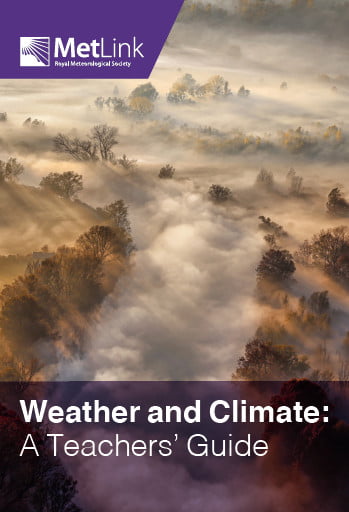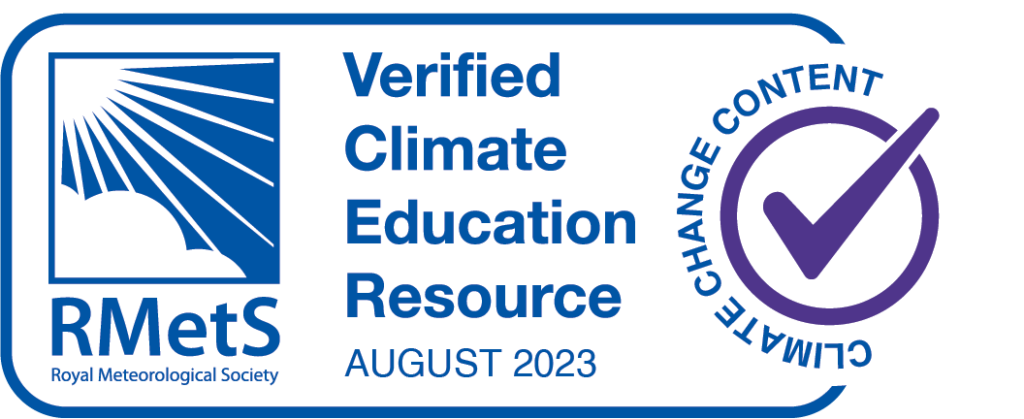FutureLearn have published a blog by Sylvia Knight, RMetS Head of Education. It’s an introduction to weather and climate, looking at weather forecasts, climate projections and the attribution of extreme weather events to global warming.
This relates to Come Rain or Shine, the free, 5-week weather and climate CPD course for secondary geography teachers (and others with an interest in UK weather) which is now running throughout the year.










